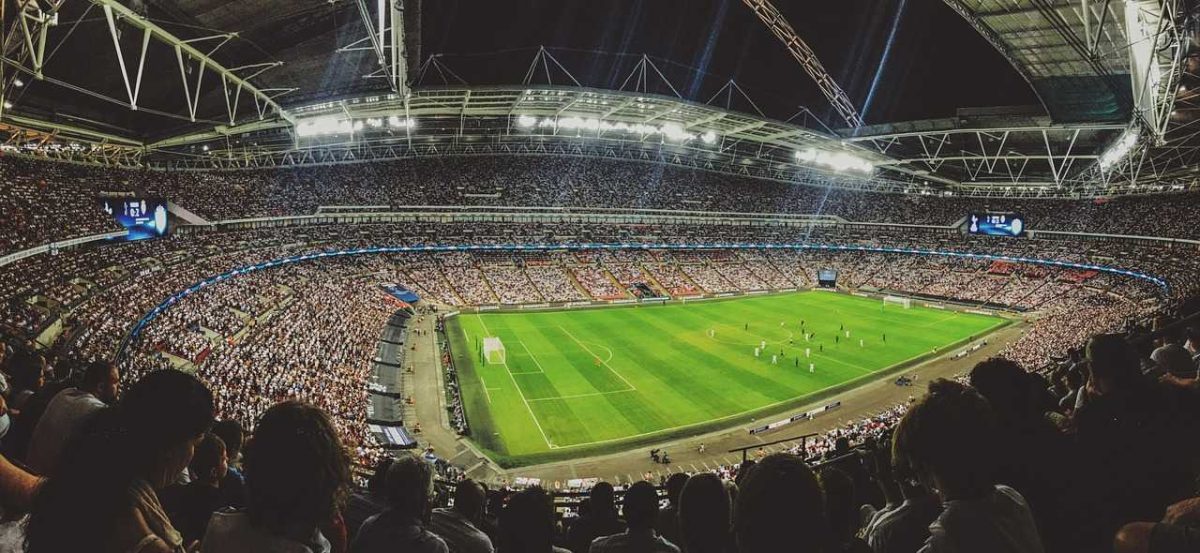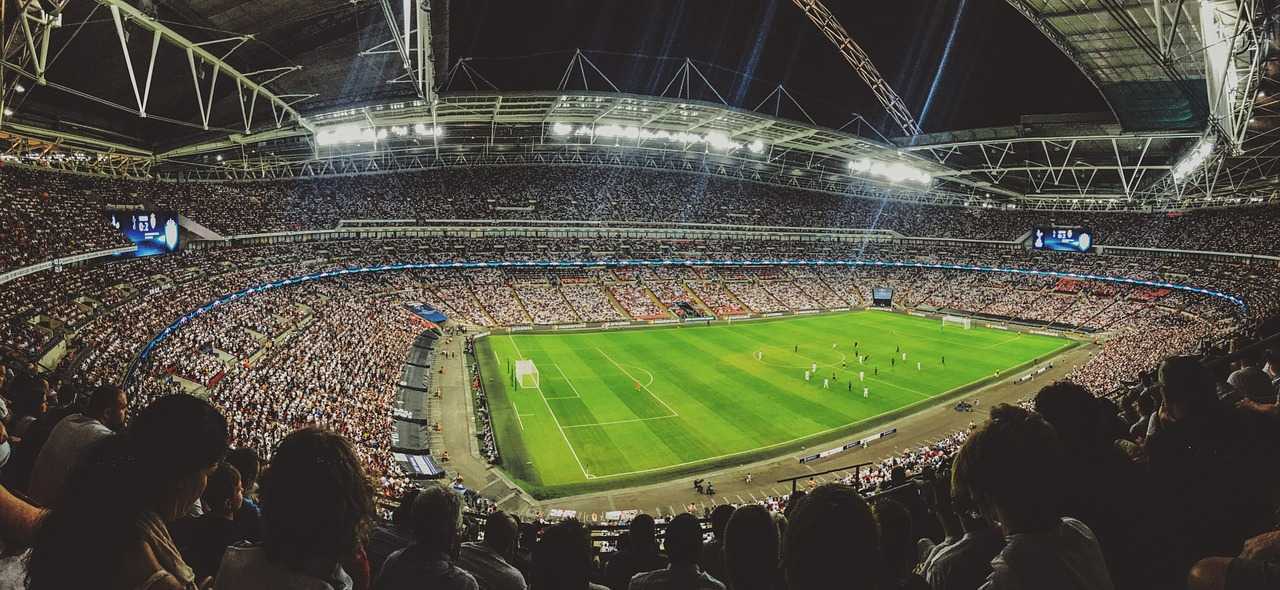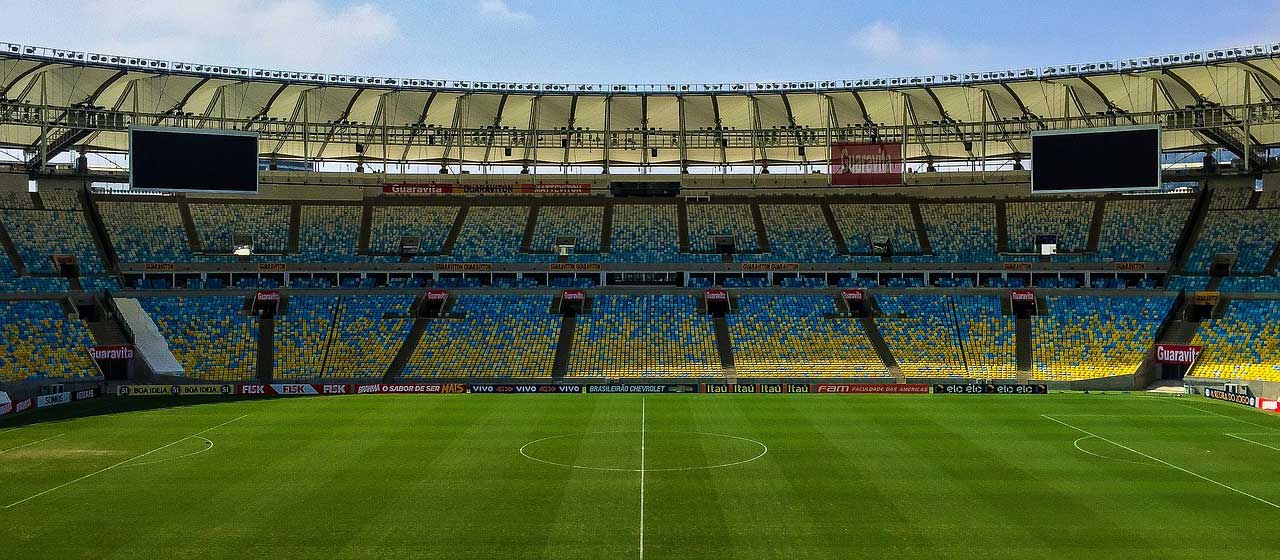Predictions
Home » Football
Newcastle United vs Barcelona Prediction, Odds, and Match Preview | Champions League

Newcastle United vs Barcelona. Newcastle United are back in the UEFA Champions League group stage. Their first game is a big one. They play the great team from Spain, Barcelona, at St. James’ Park. Fans hope the team will play well on what should be a great night in Europe.
Newcastle United Form and Team News
The team got a good lift last week. They won their first Premier League game of the year, 1-0 over Wolves. Nick Woltemade scored in his first game. The boss will hope the young player can feel good and play well in Europe too.
Newcastle has not done well in the Champions League of late. They have just one win in their last eight games (D3, L4). But that win was at home over PSG. This shows they can be hard to beat at St. James’ Park. Newcastle has also won six of their last eight home games of all kinds.
As for who can play, Anthony Gordon is in. His ban is only for home games. Yoane Wissa, a new player, is out.
Barcelona Form and Team News
Barcelona have not lost yet in La Liga (W3, D1). They won their last game big, 6-0 over Valencia. Robert Lewandowski scored two goals. Raphinha also got two, and López scored two more. This shows how well they can score.
This is Barça’s 30th year in a row in the Champions League. They tend to start well. They have only lost three of their first 29 group games (W20, D6). When they play teams from England, they also do well. They have 12 wins in their last 16 UCL games (D2, L2).
The team has some hurt players, though. Lamine Yamal, Frenkie de Jong, and Gavi did not play in the last game. They may not play in this one. Marcus Rashford, who is new to the team, could be a key man. He has been a part of eight goals in 11 games from the start against Newcastle (5 goals, 3 assists).
Head-to-Head Record
- Previous meetings: 4
- Barcelona wins: 3
- Newcastle wins: 1
Barcelona have won the last three games between the teams. They have done well against teams from England in Europe.
Key Stats
- In just one of Newcastle’s last seven games, both teams have scored.
- Newcastle has let in more than one goal just one time in their last ten home games in Europe.
- Last year, Barcelona’s group games had more than five goals on average.
- Barcelona has scored in the second half of their last six away Champions League games.
Predicted Lineups
Newcastle United: Pope; Trippier, Schär, Burn, Livramento; Tonali, Guimarães, Joelinton; Elanga, Woltemade, Gordon.
Barcelona: J. García; Kounde, E. Garcia, Cubarsí, Martín; Casado, Pedri; Raphinha, Fermín, Rashford; Lewandowski.
Newcastle vs Barcelona Betting Odds
Experience the excitement of football betting on GSB Uganda’s, known for having the absolute best market selections and odds, designed to maximize your betting experience at every level.
- Newcastle win: 2.75
- Draw: 3.85
- Barcelona win: 2.40
Barcelona are tipped to win. But Newcastle are good at home, so they could be a threat.
Newcastle United vs Barcelona Prediction
Barcelona have the skill and know-how to run the game. Their good front players should make a lot of chances to score. Newcastle will fight hard, for sure at home. They may get a goal. But the away team is expected to be too strong.
Predicted score: Newcastle United 1-3 Barcelona
GSB Uganda’s football prediction page is complete with expert match previews, up-to-date team news and even extensive player statistics to provide you with the information you need to make educated bets confidently.
How To Bet on GSB Uganda
- Visit GSB Uganda
- Choose “Join” to start the sign-up process
- Select your match and odds
- Place your bet and enjoy top-tier sports betting!
Join GSB Uganda – Advantages & Promotions
Joining GSB Uganda is a total winner as you have:
- Welcome bonus for new players only
- Get the best in-play betting odds
- Make lightning-fast deposits and withdrawals
- 24/7 customer support
Join now to get the best football betting experience in Uganda!

















